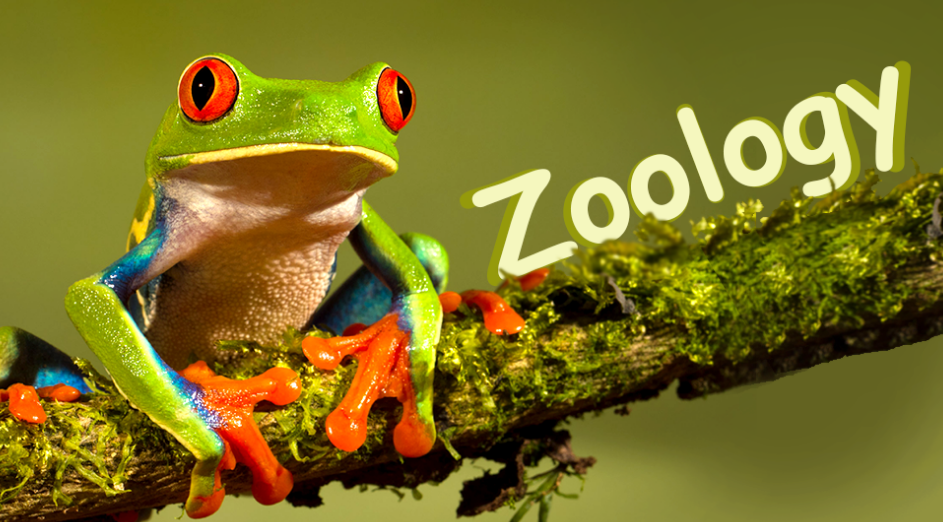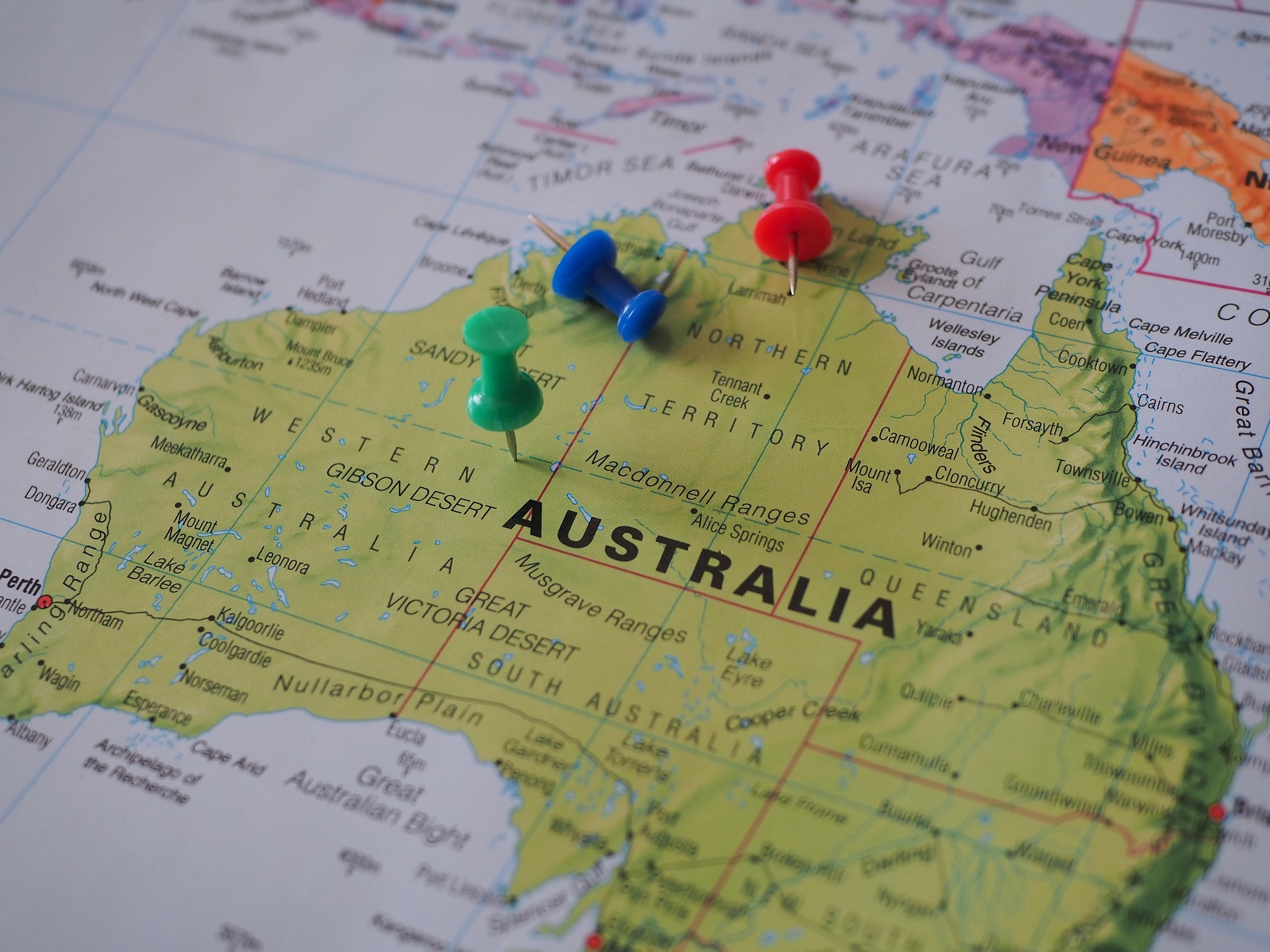The use of wastewater in aquaculture has garnered attention as a sustainable practice that can contribute to food security while addressing waste management issues. Here’s an overview of its key aspects:
Benefits of Using Wastewater in Aquaculture
1. Nutrient Recycling: Wastewater often contains nutrients such as nitrogen and phosphorus, which can be beneficial for the growth of aquatic organisms. By utilizing these nutrients, aquaculture systems can reduce the need for synthetic fertilizers.
2. Cost-Effectiveness: Using wastewater can lower production costs for aquaculture farms by providing a free or low-cost source of nutrients, especially in areas where freshwater resources are scarce.
3. Environmental Impact: Recycling wastewater can help mitigate pollution by preventing the discharge of untreated wastewater into natural water bodies, thus protecting aquatic ecosystems.
4. Sustainable Water Use: In regions with water scarcity, reusing wastewater can help sustain aquaculture operations without depleting freshwater resources.
5. Integrated Systems: Wastewater aquaculture can be part of integrated farming systems, where the byproducts of one process serve as inputs for another. For example, fish farming can be combined with vegetable farming, where nutrient-rich water from fish tanks is used to irrigate crops.
Challenges and Considerations
1. Contaminant Levels: Wastewater may contain pathogens, heavy metals, or other pollutants that can harm aquatic life or accumulate in food chains. Proper treatment and monitoring are essential.
2. Water Quality Management: Maintaining optimal water quality in aquaculture systems is crucial. This includes managing pH, temperature, dissolved oxygen, and harmful substances.
3. Regulatory Frameworks: The use of wastewater in aquaculture is subject to regulations to ensure safety and environmental protection. Compliance with these regulations is essential for successful implementation.
4. Public Perception: There may be resistance from consumers regarding the use of wastewater in food production, necessitating education and awareness campaigns.
Practical Applications
• Fish Farming: Wastewater can be treated and used in fish farming, where species like tilapia or catfish are commonly raised in nutrient-rich environments.
• Aquaponics: This system combines aquaculture with hydroponics, where fish waste provides organic nutrients for plants, and plants help filter and purify the water for fish.
• Phytoremediation: Some aquatic plants can absorb contaminants from wastewater, allowing for bioremediation while simultaneously producing biomass for aquaculture.
June 8, 2025
- A Cross-Sectional Study on the Prevalence of Salmonella inRaw Milk in Tandojam and Surrounding Areas, Pakistan
- Consequence of biotin as a nourish preservative on thedevelopment of Gallus gallus domesticus
- STUDY ON THE ISOLATION AND IDENTIFICATION OF ASCARIS LUMBRICOIDES FROM SINDH, PAKISTAN.
- IN VITRO DIGESTIBILITY OF SELECTED FORAGES IN SARGODHADISTRICT, PAKISTAN




This article is very helpful for us because this is relevent to aquaculture
Khadija Malik
F20BZOOL1M01155
Thanku mam
This article is very authentic and informative.
Informative
Very informative
F20BZOOL1M01125
THANKYOU.SO informative
Very Helpful
Good
Helpfull
Sawera Kaleem
Roll no f20bzool1m01150
Sawera Kaleem
Roll no f20bzool1m0115
Jazak Allah
Very helpful
f20bzool1m01166
It’s easy and helpful
It’s easy and helpful
It is very helpful in understanding aquaculture
Very effective in aquaculture field
Jazak Allah mam
F20BZOOL1M01132
Afrah Bashir
Helpful
.
Helpful
F20BZOOL1M01112
F20BZOOL1M01112
Very helpful
JazakAllah
F20BZOOL1M01111
Rabia Ghulam
F20BZOOL1M01137
F20BZOOL1M01113
Kishwar Zubair
F20BZOOL1M01122
Hira Maryam
F20BZOOL1M01165
F20BZOOL1M01165
Sehar Fatima
F20BZOOL1M01161
Very good
This article holds good information about usage of waste water for aquaculture…
Sadaf Rahim
F20BZOOL1M01126
Informative
F20bzool1m01133
F20BZOOL1M01168
F20BZOOL1M01167
F20BZOOL1M01124
Very easy to understand (1124)
Helpful
F20BZOOL1MOII43
F20BZOOL1M01134
Useful and informative
F20bzool1m01139
F20BZOOL1M01137
Helpful
Khadija Malik
F20BZOOL1M01155
Veryyyy informative